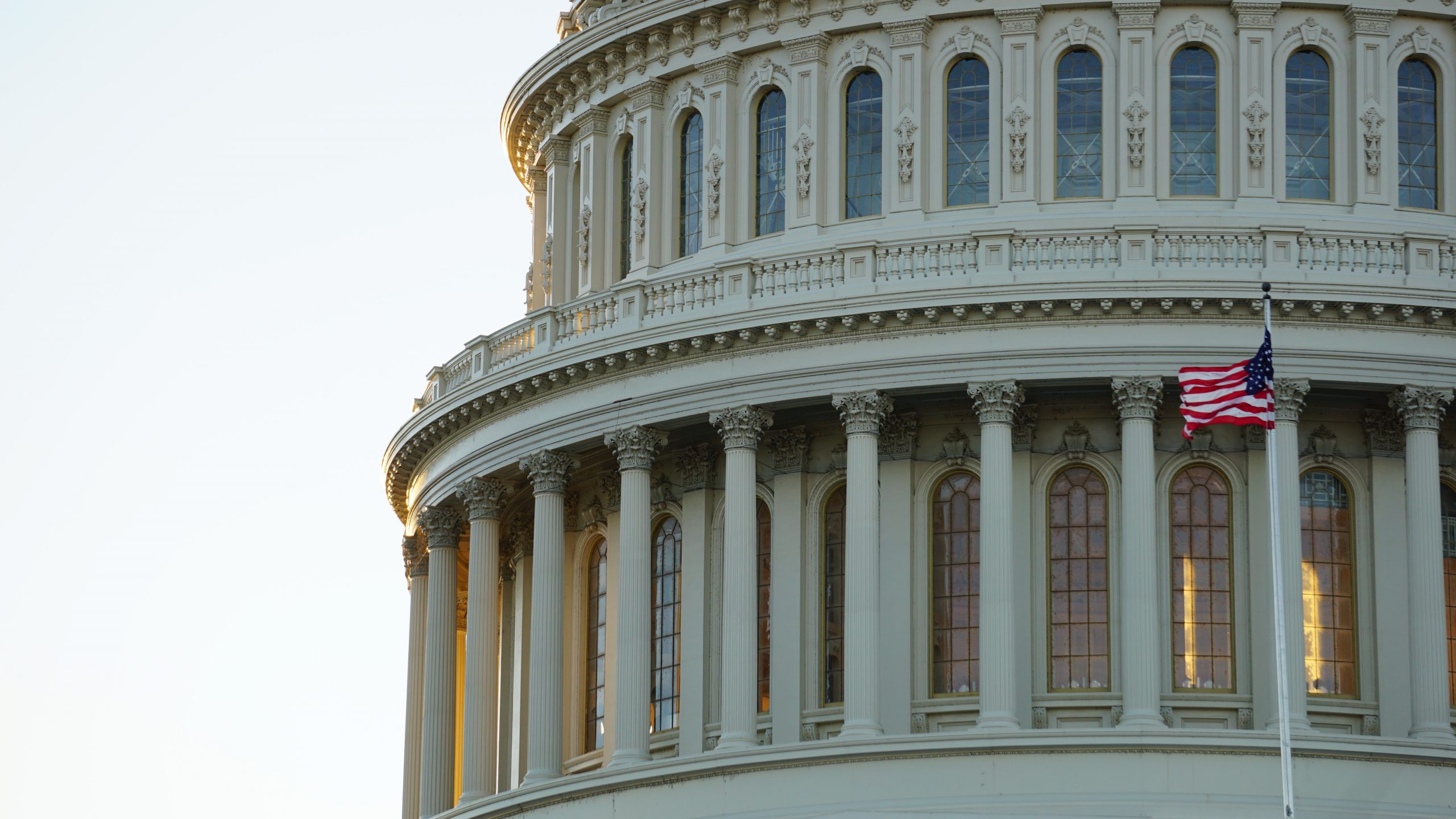We start off the week with some exciting news for naturalization applicants filing N-400, Application for Naturalization.
On December 9, 2022, the U.S. Citizenship and Immigration Services (USCIS) announced new updates to its policy guidance including a new procedure that will allow USCIS to automatically extend the validity of a Permanent Resident Card for a period of 24-months, through the issuance of an N-400 Application for Naturalization, receipt notice. This means that generally Permanent Residents with a pending N-400 Application, will no longer need to file Form I-90 to renew their green cards.
This policy is effective as of today, Monday, December 12, 2022, and applies to all applications filed on or after December 12, 2022.
Lawful permanent residents who filed for N-400 naturalization PRIOR to December 12, 2022, will NOT receive an N-400 receipt notice with the 24-month extension, and will be required to file Form I-90 if their green card expires, or request an appointment to receive an ADIT stamp in their passport to maintain valid evidence of their status as required under the law.
What You Need to Know
Previously, naturalization applicants who did not apply for naturalization at least six months before the expiration date on their green cards needed to file Form I-90, Application to Replace Permanent Resident Card, (green card) to maintain proper documentation of their lawful status.
Applicants who applied for naturalization at least six months prior to their green card expiration were eligible to request an appointment to receive an Alien Documentation, Identification, and Telecommunications (ADIT) stamp in their passport, which served as temporary evidence of their LPR status.
This policy is no more.
 Visa Lawyer Blog
Visa Lawyer Blog











